This past weekend, multiple elections in Europe saw a surge of support for right-wing parties, causing turmoil among the previous leadership. In France, President Emmanuel Macron dissolved the lower house parliament after his party lost to right-wingers in a snap election. Belgium saw its Prime Minister resign after his government saw a crushing defeat by the right wing in a general election.
Some are pointing to this rise in right-wing brand politics in Europe as an important omen, one that is heralding the return of Donald Trump on a wave of right-wing populism back into the Oval Office in November.
Echoes of the Past

Back in 2016 when Trump ascended to the presidency, there was a similar story coming out of Europe. In the summer before the election, of wave of populism swept through Britain, causing a vote to leave the European Union known as “Brexit” that acted as foreshadowing for Trump’s eventual victory.
“Is political lightning about to strike twice?” wrote Stephen Collinson in a recent CNN piece.
French Election
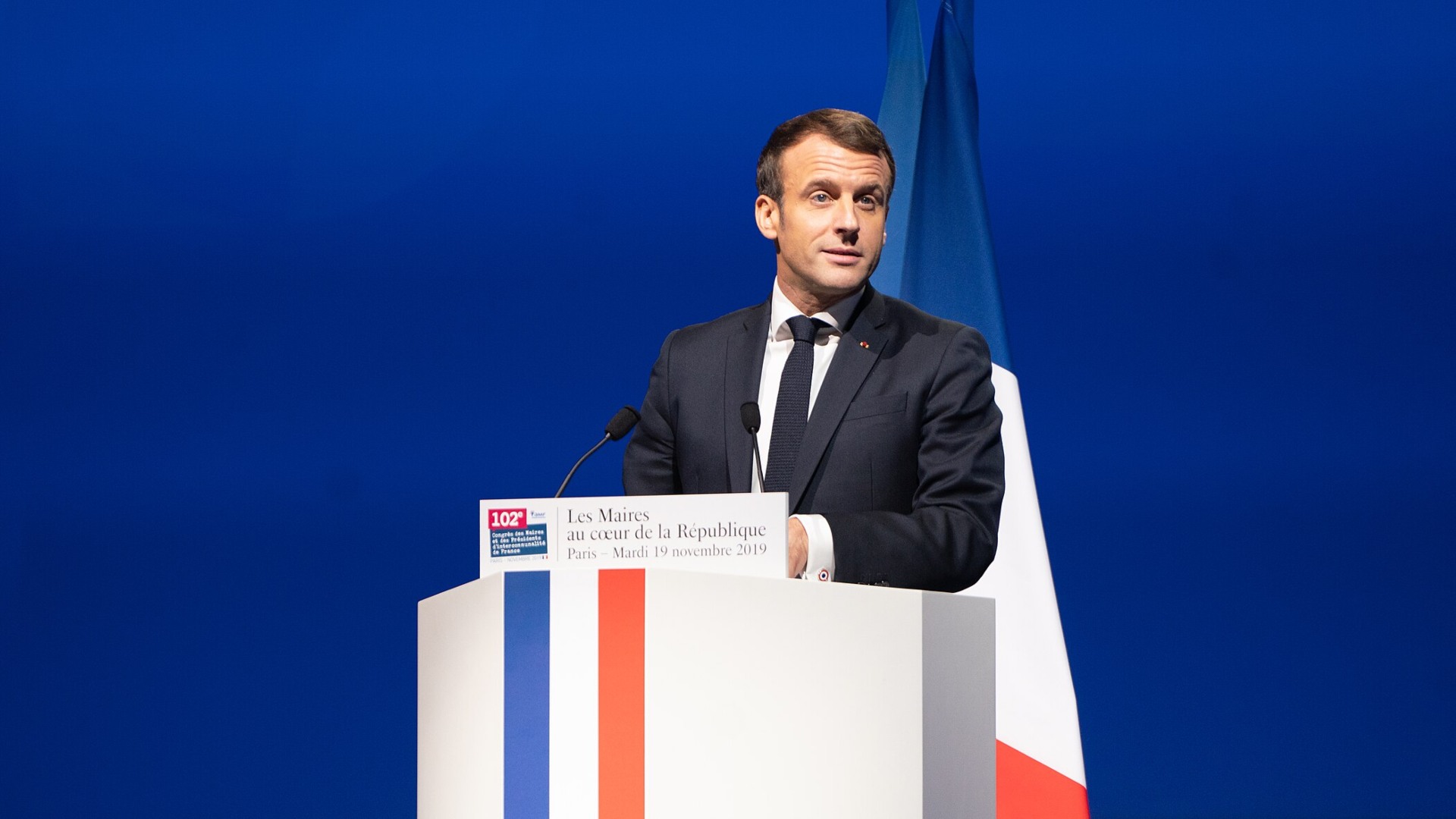
In the wake of the projected results of snap elections on Sunday, French President Emmanuel Macron dissolved the country’s parliament in preparation for a June 30 vote.
Macron’s decision to hold new elections comes as his coalition may be unable to get the majority needed to pass legislation.
Macron’s Gamble

The move by Macron to dissolve France’s parliament stunned news commentators as he gave a speech Sunday announcing what some describe as a gamble with France’s voters over the country’s future.
“I have decided to give you back the choice…this is a serious & weighty decision, but above all it is an act of trust. Confidence in you, my dear compatriots,” Macron said.
Rise in Nationalism
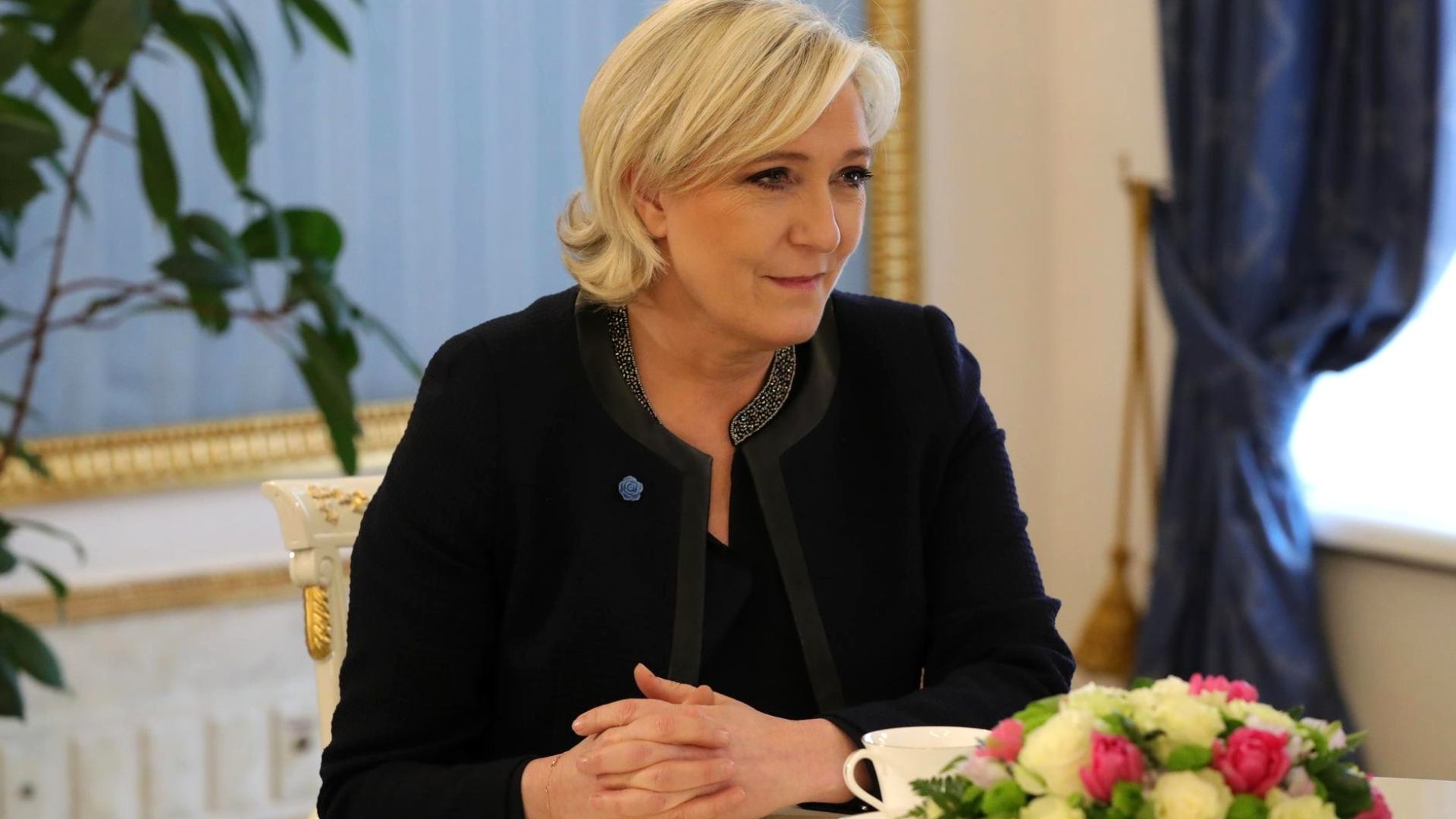
A Trumpian brand of right-wing populist nationalism was on display in France with Marine Le Pen’s victory, whose party managed to get between 31% and 32% of the votes, double what Macron’s party was able to get.
Le Pen had endorsed Trump months before the 2016 election and was excited following news of his victory. “What appeals to Americans is that he is a man liberated from Wall Street, from markets and from financial lobbies and even from his own party,” Le Pen said of Trump.
Trump on Nationalism

In 2018, Trump declared “I am a nationalist’” at a campaign event for Ted Cruz ahead of the mid-term elections.
“You know, they have a word, it sort of became old-fashioned. It’s called a nationalist,” Trump said at the time. “And I say, ‘Really? We’re not supposed to use that word. “You know what I am? I’m a nationalist. OK? I’m a nationalist.”
Populism and Nationalism Intersecting

Trump’s marriage of populism and nationalism sees him appealing to the average and working-class American, pitting their interests against those he views as globalists.
“Radical Democrats want to turn back the clock. Restore the rule of corrupt, power-hungry globalists,” Trump said in 2018. “You know what a globalist is, right? A globalist is a person that wants the globe to do well, frankly not caring about our country so much. And, you know what? We can’t have that.”
Populism on the Rise
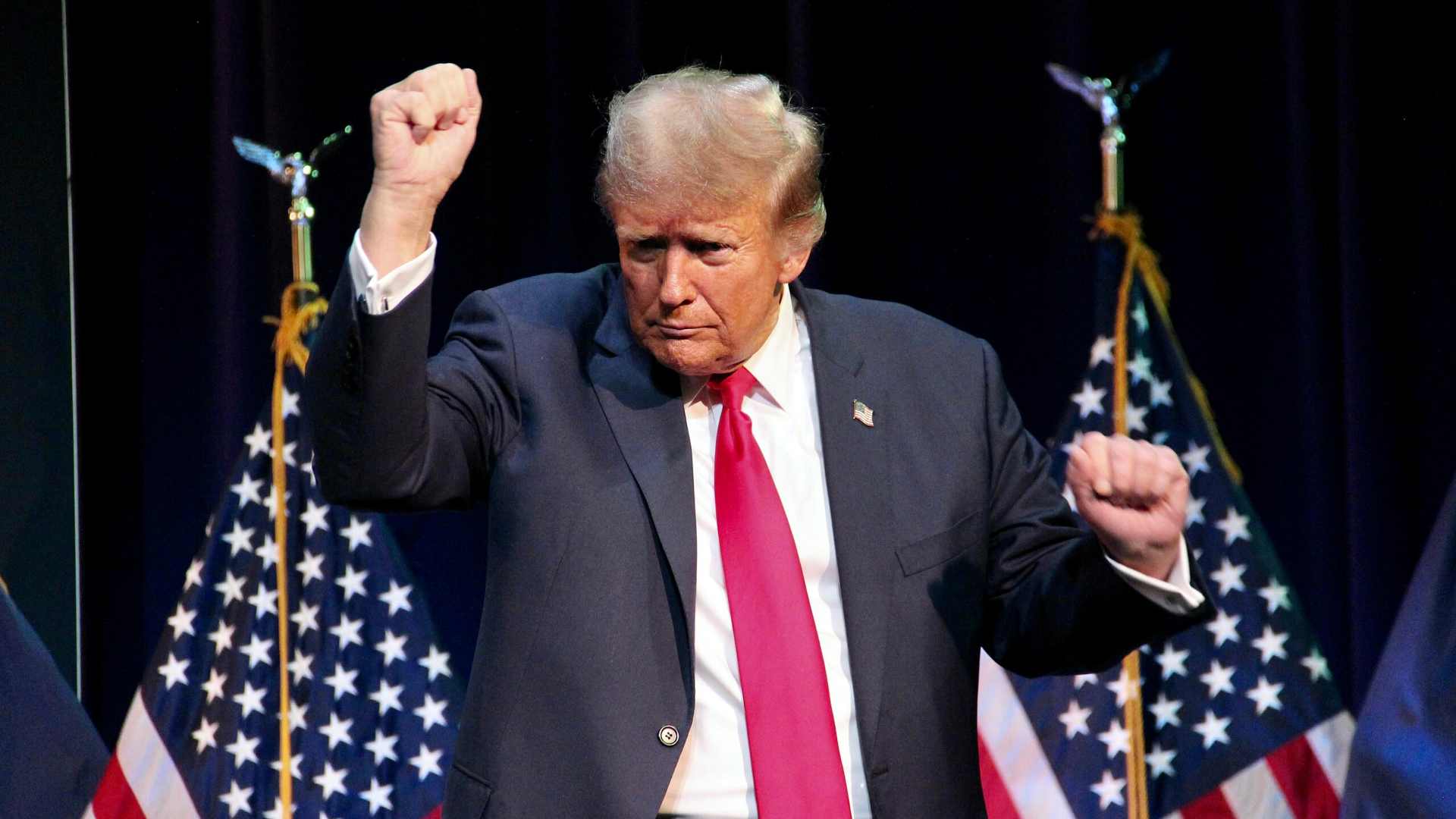
In the West, which includes America and Europe, there seems to be a growing yearning for a populist movement that will hold institutions responsible for the discord felt in modern society.
“Low subjective well-being and negative emotions in general drive populism, rather than anger in particular. This comes as a surprise in light of the growing discourse linking ‘American rage’ and populism,” said a research paper published by the National Bureau of Economic Research.
Nationalistic Attitudes

Researchers have noticed a shift towards more nationalistic thinking in the years since Trump became president.
A 2017 survey found that 49% of Americans think that global trade between other countries is a bad thing, which is a radical departure from a 2013 Pew Research study that found 77% of the public thought it was a good thing.
Immigration Dissatisfaction

Another similarity between 2016 and 2024 that is driving nationalistic sentiment is the influx of immigration into the United States. In 2016, Trump made immigration a major center of his platform in a way Republicans hadn’t before with his promise to build a wall.
Now, an unprecedented wave of immigrant migration has started straining the resources of America’s cities, to the point that the once-supportive Joe Biden recently had to crack down on asylum seekers at the border through executive action.
How Do Americans Feel About Immigration?
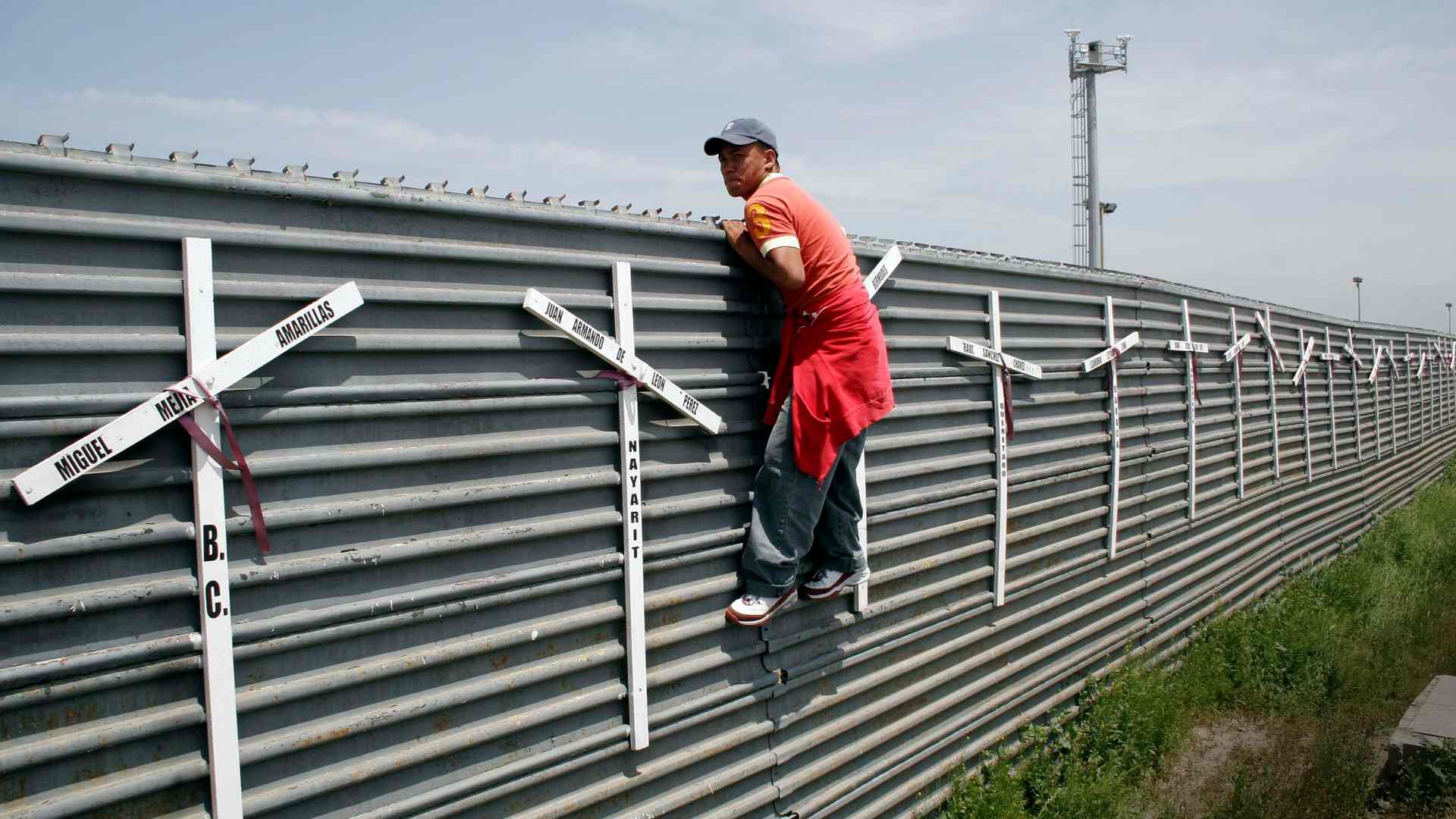
A Pew Research survey from February found that a 78% majority of Americans think that the recent massive influx of migrants over the southern border either constituted a crisis or a major problem.
Even among Democrats, a political party typically more sympathetic to the plights of immigrants, a majority viewed the situation at the border as a major problem.
Watching the French Elections
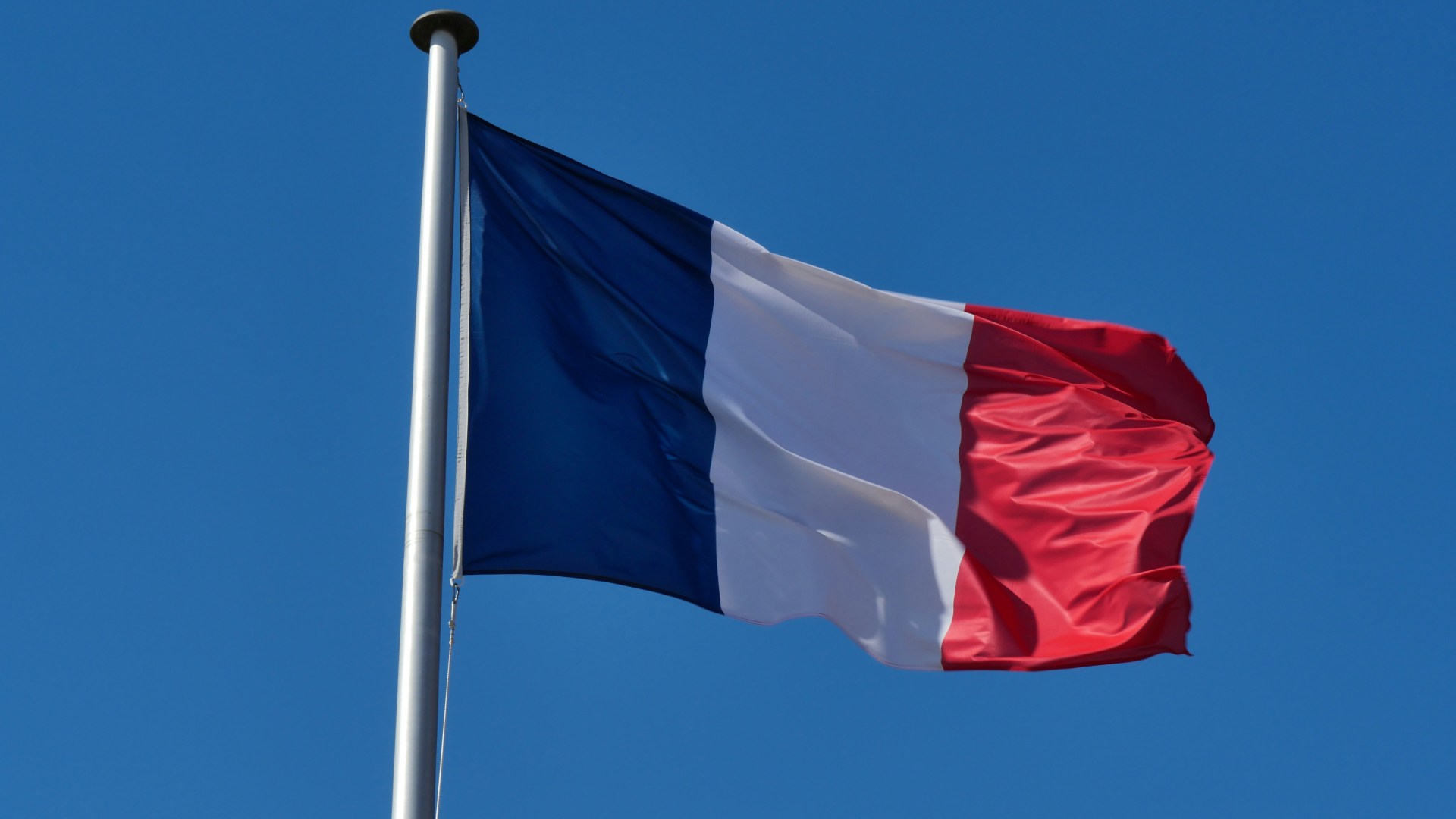
Although what happens in Europe doesn’t necessarily dictate what will happen in the United States, many will be watching what happens in the upcoming French elections with great interest to derive what meaning it might bring for America’s own November elections.
If a wave of right-wing enthusiasm sweeps in for France the same way it did for Brexit in 2016, the conditions may be aligned for another Trump presidential victory to repeat itself.
